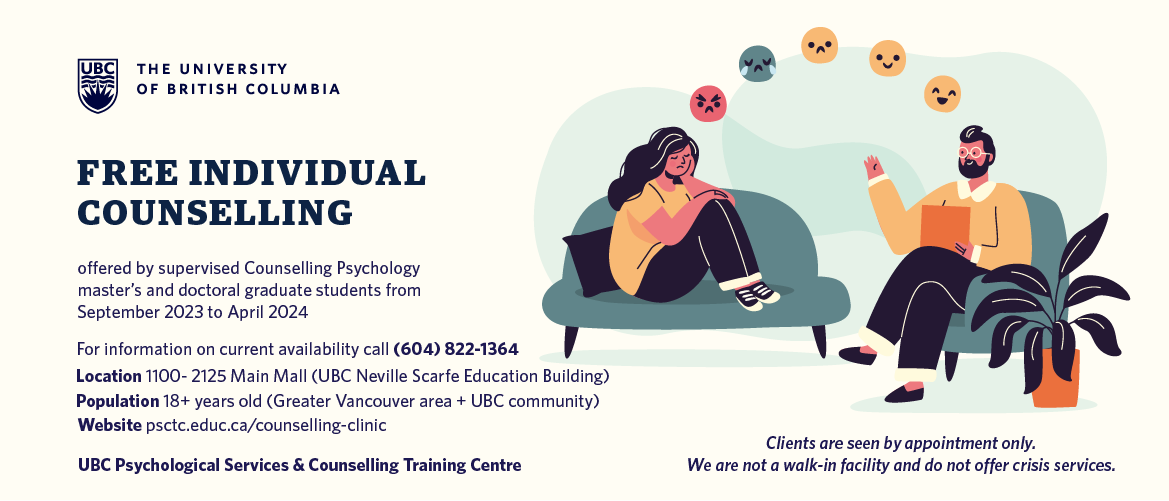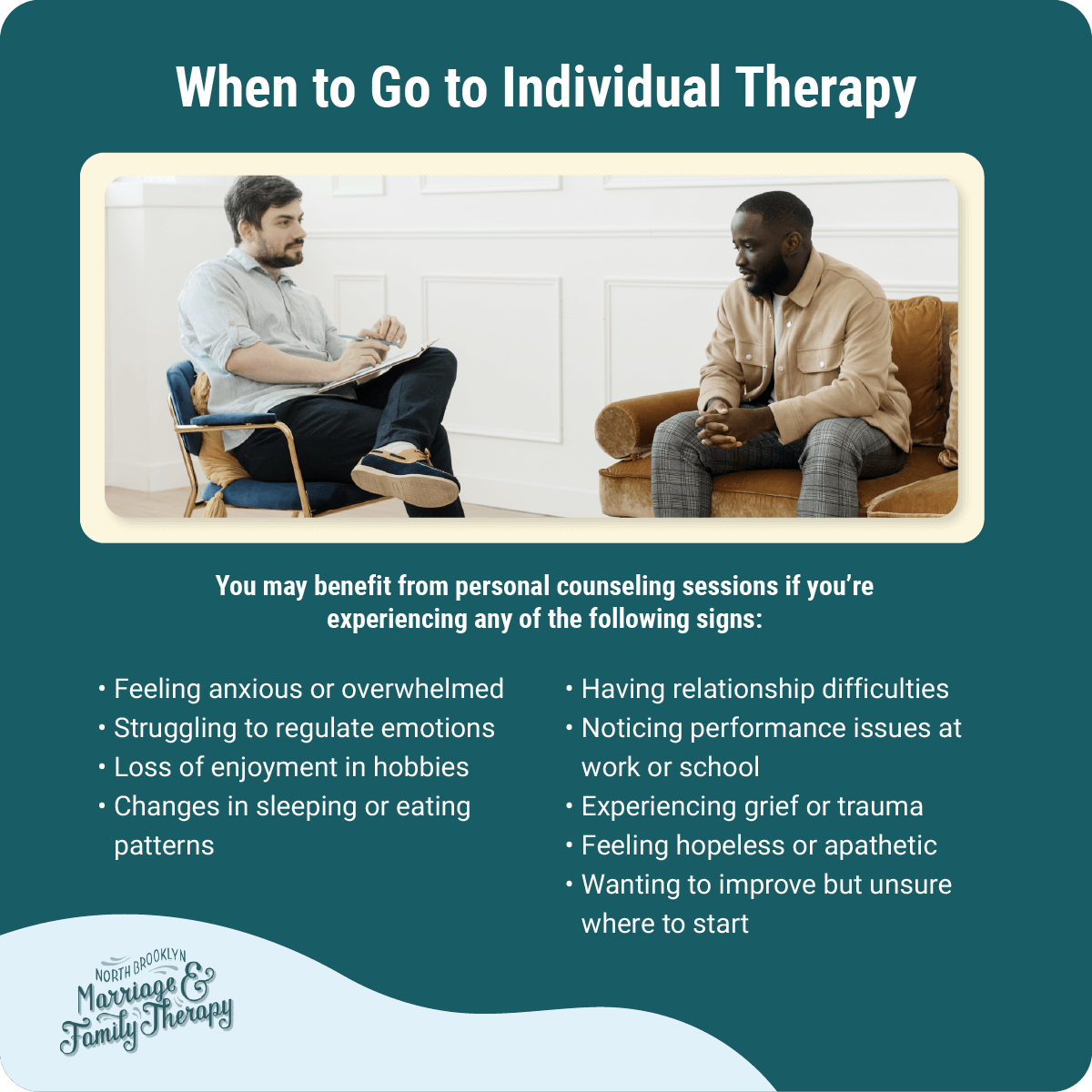Discovering the Benefits of Mental Therapy for Teenage Wellness and Growth
Mental treatment plays a crucial role in the health and development of young adults. Adolescence is a tumultuous period noted by social and psychological obstacles. Treatment offers an organized setting for teens to articulate their sensations and confront their battles. It outfits them with necessary devices for strength and interaction. As they browse this developmental phase, the impact of treatment can be extensive. What specific advantages can emerge from such support throughout these formative years?

Understanding the Teenage Mind: Stress and challenges
As teens browse the complexities of their developmental stage, they deal with countless challenges and pressures that can substantially impact their mental health and wellness. This duration is noted by considerable physical, psychological, and social changes, which can induce sensations of confusion and unpredictability. Peer impact increases, typically resulting in a struggle for acceptance and identity. Academic expectations can create added stress and anxiety, as the stress to succeed mounts in an increasingly affordable setting.
The development of social media presents a new layer of complexity, where comparisons to curated online characters can exacerbate feelings of insufficiency and anxiety. These elements can bring about psychological distress, including anxiousness, anxiety, and low self-esteem. Comprehending these difficulties is crucial for parents, instructors, and psychological health specialists, as it gives insight right into the teen experience and highlights the demand for supportive interventions to foster strength and wellness throughout this important developing stage.
Producing a Safe Room for Expression
Producing a risk-free room for expression is necessary for adolescents navigating their tumultuous developmental phase. In therapeutic settings, this setting fosters open dialogue, permitting teens to interact their sensations without fear of judgment. Such areas allow them to discover their thoughts and emotions, which is vital for recognizing their identities and experiences.
When teenagers really feel safe and secure, they are much more most likely to share their battles, consisting of anxiety, anxiety, or social problems. This open interaction can lead to deeper insights and assist in individual development.
A safe space encourages creativity and self-reflection, giving teens the flexibility to reveal themselves with different outlets, such as art or writing. Establishing count on between the therapist and the adolescent is important, as it underpins the efficiency of the restorative process. Ultimately, creating a safe room for expression offers as a structure for psychological recovery and personal development during these developmental years.
Creating Coping Methods and Durability

Therapists often present methods such as mindfulness, journaling, and problem-solving abilities, allowing teens to handle their responses better. In addition, by engaging in role-play scenarios, they exercise how to handle tough circumstances, reinforcing their self-confidence. In time, these abilities promote a feeling of company, equipping young adults with the tools to browse life's uncertainties. The growth of durability not just aids in getting over instant obstacles however additionally lays the groundwork for much healthier psychological feedbacks in the adult years, ultimately contributing to lifelong well-being.
Enhancing Communication Skills
Reliable communication abilities are crucial for teenagers as they browse intricate social landscapes. Psychological treatment plays a vital duty in boosting these skills, allowing teens to express their emotions and ideas more plainly. With guided sessions, specialists encourage teens to verbalize their feelings, promoting better understanding in peer interactions and household characteristics.
Treatment provides a safe area for exercising energetic listening, compassion, and assertiveness. These abilities empower teenagers to engage in significant discussions, willpower problems, and construct stronger connections. As they discover to interact successfully, they additionally obtain self-confidence in their ability to advocate for themselves and their needs.
Additionally, improved communication skills contribute to emotional knowledge, permitting teenagers to Extra resources identify and react to the feelings of others. This alternative advancement promotes a supportive environment, ultimately advertising total health and social assimilation. With mental therapy, teenagers can grow these essential abilities for a much healthier social experience.
Promoting Personal Growth and Self-Discovery
Cultivating individual growth and self-discovery in teenagers involves a complex strategy that motivates understanding of individuality. This procedure likewise emphasizes the importance of structure durability skills and boosting psychological understanding. Together, these components produce a foundation for much healthier, a lot more positive individuals as they browse their formative years.
Recognizing Individuality
Just how do teenagers browse the complicated landscape of individuality as they venture for self-discovery and growth? Throughout this formative duration, they grapple with numerous influences, consisting of peers, household, and social expectations. Psychological therapy can act as a necessary tool, giving a risk-free room for exploration and representation. With led conversations, young adults can articulate their ideas and feelings, enabling them to recognize their values, ideas, and needs. This procedure cultivates a deeper recognition of their unique identity, encouraging them to make informed options and create a sense of function. As they involve in self-discovery, they learn to embrace their uniqueness and browse challenges with higher quality, inevitably enhancing their general health and individual growth.
Building Resilience Skills

Enhancing Emotional Awareness
Enhancing psychological awareness is essential for teenagers maneuvering the intricacies of teenage years, as it permits them to determine and recognize their feelings better. By taking part in psychological treatment, adolescents find out to recognize their psychological feedbacks and the triggers behind them. This procedure cultivates personal development and self-discovery, allowing them to express their feelings and manage obstacles extra expertly. As teenagers develop psychological understanding, they cultivate empathy, boost partnerships, and improve interaction skills. Furthermore, this enhanced understanding help in decision-making, helping them navigate public opinions and create a sense of identification. Inevitably, cultivating emotional awareness with treatment can bring about much healthier coping mechanisms and a much more balanced mood, fundamental for thriving throughout these formative years.
Structure Healthy And Balanced Relationships and Assistance Systems
While going across the complexities of adolescence, developing healthy partnerships and support systems is important for teens. These links supply psychological stability and a feeling of belonging, important during this developmental phase. Positive connections with peers, family members, and coaches can boost self-confidence and resilience, allowing teenagers to browse challenges better.
Mental therapy plays an essential function in promoting these connections by equipping adolescents with interaction and conflict-resolution abilities. With therapy, they find out to share their sensations, recognize various point of views, and develop boundaries, which are anchor fundamental for keeping healthy communications.
Supportive networks urge teens to seek assistance when required, reducing isolation and promoting mental health. They are much more most likely to involve in useful habits and make informed decisions when teenagers really feel linked to their support systems (Individual Therapy Toronto). Generally, the farming of healthy relationships and support systems is important in advertising teenage well-being and individual growth
Frequently Asked Questions
How Do I Discover a Competent Therapist for My Teen?
To find a qualified specialist for a teen, one must seek suggestions from healthcare suppliers, study qualifications on-line, inspect evaluations, and determine the therapist concentrates on teenage concerns, promoting a helpful environment for growth.
What Are the Prices Connected With Mental Treatment for Teens?
The costs connected with mental therapy for teens vary commonly, generally ranging from $50 to $250 per session. Insurance policy coverage, moving scale charges, and local sources can affect cost and availability for family members looking for support.
How Frequently Should Teenagers Participate In Therapy Procedure?
Young adults should ideally participate in treatment sessions regular or biweekly, depending upon specific needs. Constant sessions can promote a risk-free space for expression, while enabling specialists to keep an eye on progress and readjust techniques successfully in time.
Can Treatment Work for All Teenagers?
Therapy can be effective for lots of teenagers, yet specific outcomes vary. Variables such as individual scenarios, openness to the process, click here for more info and the healing technique employed all affect its efficiency for each teen.
What Should Parents Do During Their Young adult's Treatment Process?
Parents need to proactively sustain their young adult's therapy process by keeping open interaction, appreciating confidentiality, attending sessions if welcomed, and urging their kid's efforts (Individual Therapy For Teens). Comprehending and patience are essential as teens navigate their individual growth trip
Psychological therapy plays a crucial function in the well-being and development of teens. By engaging in psychological therapy, teens discover to acknowledge their psychological actions and the triggers behind them. Mental treatment plays a critical duty in promoting these relationships by outfitting teenagers with interaction and conflict-resolution skills. Young adults must preferably go to therapy sessions regular or biweekly, depending on individual requirements. Moms and dads must proactively support their young adult's therapy procedure by maintaining open communication, valuing confidentiality, participating in sessions if invited, and motivating their child's efforts.